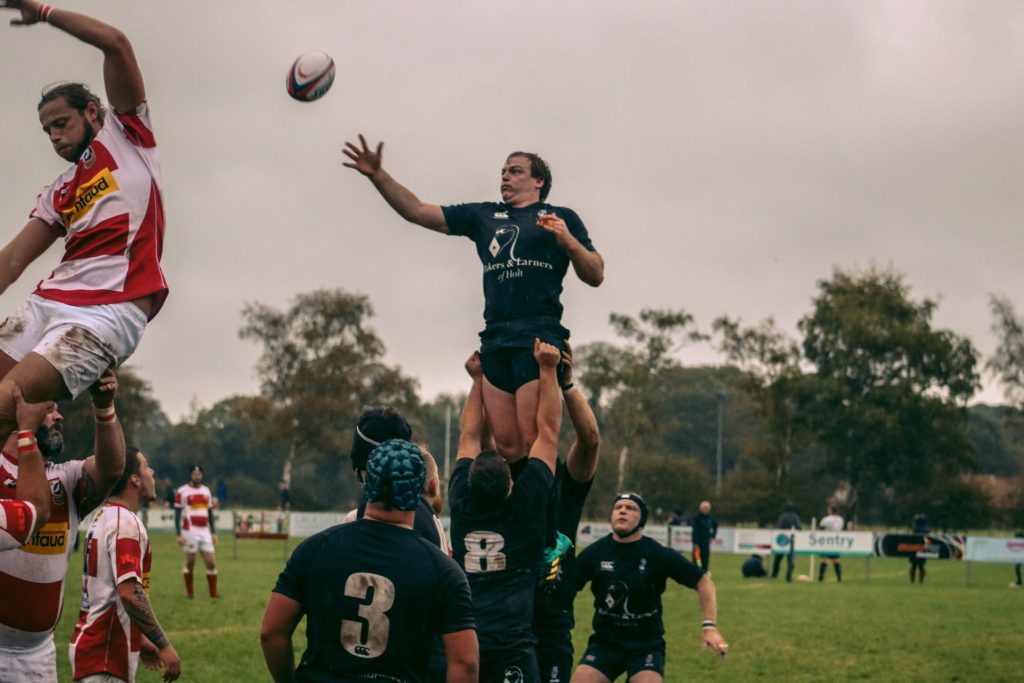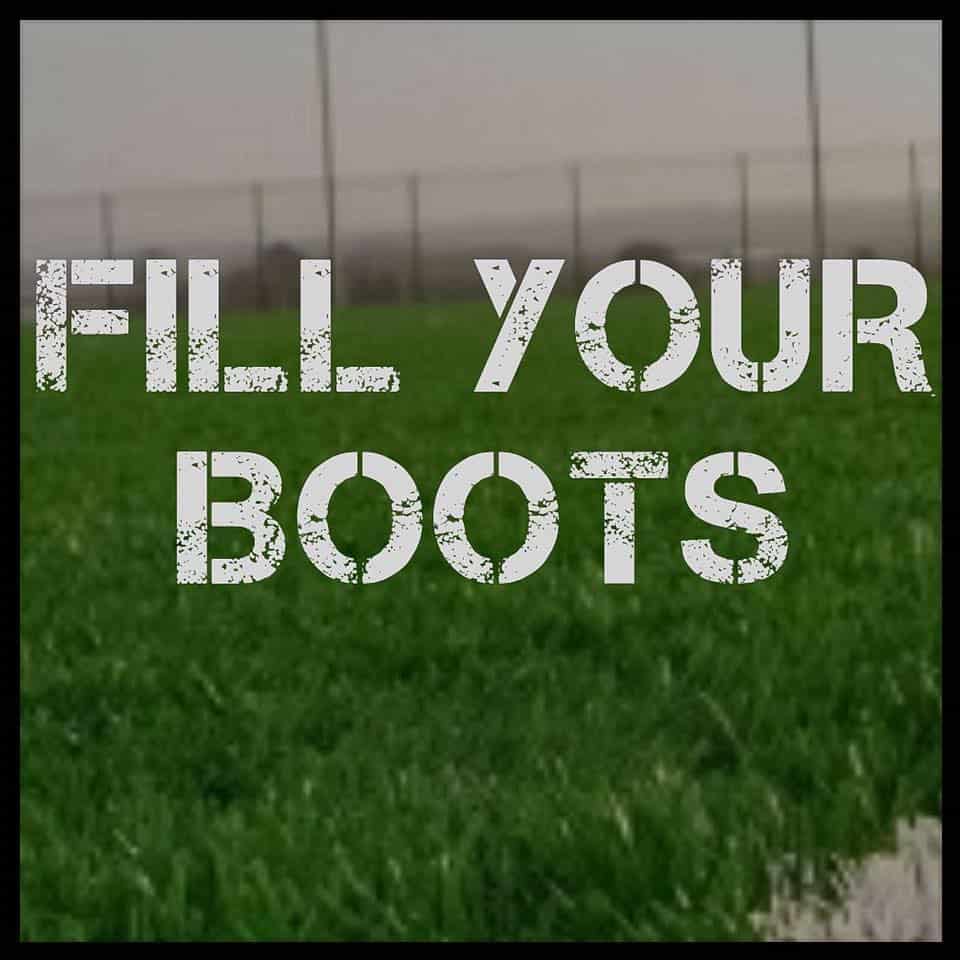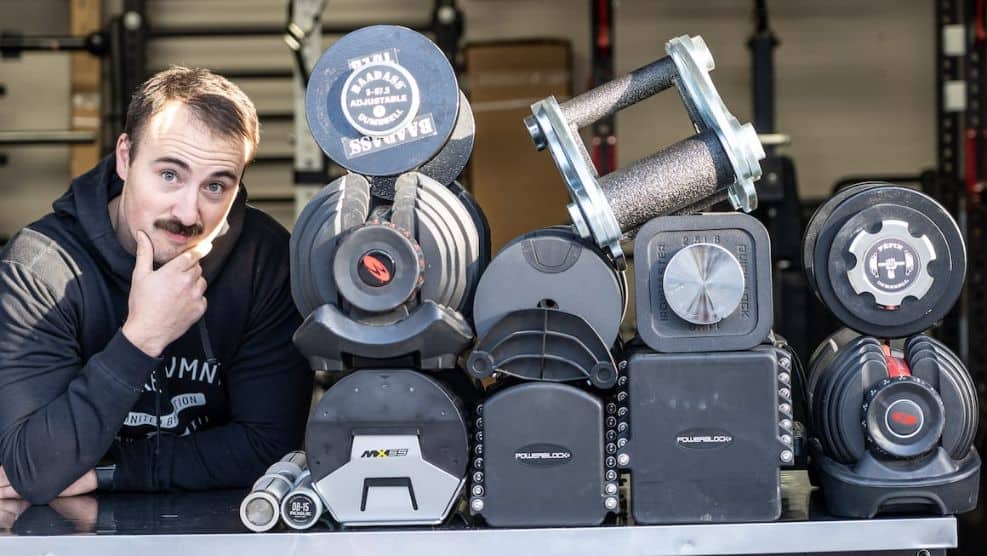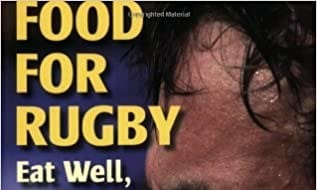
Diary of a Retiring Rugby Player – Being an “Aging Athlete”
I’m just back from holiday where aside from a brief spell of running up and down the beach, most of my effort went into eating fish and chips. I did have my first (and potentially last) oyster. Not sure what the fuss is about there. Any food that you get down the way you did horrible medicine as a child has little to recommend it.
Anyway, this season the psychology of being an aging athlete has be on my mind. On my mind may be something of an understatement as thoughts of being ‘past it’, ‘not good enough’, ‘over the hill’, ‘ridiculous’, and ‘making a fool of myself’ have been pounding in my head, scratching at my brain and tearing at my heart with every wheezing breath and stumbling step I’ve taken around the rugby field. With this in mind I thought I should seek out some expert advice and was overjoyed when Damian Hughes (@liquidthinker), the sports psychologist with Sale Sharks, agreed to share his insights into the psychology of the aging athlete. Let’s all agree that everything he said sounded a lot more coherent and that my transcribing is seriously flawed.
Performance is all about 4 pillars. The Physical abilities you have to play the game, the Technique with which you apply your physical attributes, how you Tactically choose where to use your techniques and the Psychological factors that govern how you perform. As a minimum Damian says elite athletes will attribute 60% of their success to psychological factors. Most would say it’s more important than that. He explained that at elite level, everyone is pretty much as fit, strong and fast as each other, the difference is how they use their confidence, belief, fear etc to succeed. I think this makes sense in my world far below the elite where I’ve seen people who really lacked technique and physicality but could compete due to the confidence (most often aggression) with which they threw themselves around the field. It also fits with me as I’ve gone from someone who used to sprint into tackles with wild abandon to someone who is a lot more timid. Breaking my leg was a huge factor in this which in many ways is daft as it was nothing to do with rugby. Regardless of the reason, my fragility is something that is often on my mind on the rugby pitch and seriously impacts on my performance so I can relate to the impact that psychology can have.
I asked Damian about how athletes cope with getting older and ending their careers. It turns out I’m in the group of people least likely to make a successful transition from player to non player. Those who do it successfully have a well rounded view of themselves, see themselves in different roles and are comfortable in their position in other areas of their life. I have always seen myself as strong/fast/fit so losing those attributes is going to hit me pretty hard. For some, there is a temptation to deny the aging process. This can lead to competing in lower and lower leagues, taking performance enhancing drugs and basically doing anything to keep that sporting identity. I’m not at that point (yet) but I’ve got a big bag of protein, creatine, BCAAs and a shelf of lotions and potions that would put professor Snape to shame. I think I’m not so much in denial as preparing myself for a great loss. It’s like I don’t think my mum will never die, but I know she’ll die at the end of the season and I’m wondering how to cope with that.
I was quite interested in how great managers kept quality players playing. Damian gave the example of Alex Ferguson who kept players going when many would have retired. He was able to give them roles they could excel in that weren’t solely about their performance on the field. Ryan Giggs and Paul Scholes became exemplars of the culture of the club so that when their physical attributes declined, they still felt they were needed and essential to the team. I suspect feeling like that helped wring a few more drops of excellence from them on the pitch too.
None of this got me much closer to confirming how I was going to cope with my rugby career ending. We talked about how age could be like a chronic injury, all be it without a traumatic event to kick it off. There’s nothing to identify as a trigger to blame. Instead there’s just a slow onset of incremental decline. There’s no sudden loss to grieve for, instead there’s just a slow process of denial and distortion before an acceptance of what’s happening can take place.
For most people the transition from sportsperson to non sportsperson is about having a realistic comprehension of where your capabilities lie. Damian gave the example of a player who was retiring who said he wanted to work for Sky. As this wasn’t the most articulate and confident person people wondered how he would fare in front of a camera. “No” he said, “I want to fit satellite dishes.” I’m not sure my services will be in demand for anything once rugby has gone from my Saturdays but I do intend to do more fun things with my kids. While I will love this, I can recognise that its not going to give my self esteem the same boost as 14 players patting me on the back. I’ve thought that coaching may be the way to go. Damian was quick to disabuse me of this notion. You can tell who will succeed by watching what they do after the game. Those who make the best transitions from player to coach are those who stick around, talk to others, get things put away and show that they love the whole process. My ‘arrive late and shoot off early’ attitude seems quite at odds with this. Hopefully it will be different when the time comes…
We finished by thinking about how to help athletes continue when they want to eek out a few more years. Elite sport is quite a meritocracy in this respect as provided you’re good enough the team will keep picking you. If you’re an individual athlete like a boxer you can generally keep going as long as you can stand the hidings you get but in team games there will be little compassion and you’re out as soon as you stop pulling your weight. The problem then is how to manage the loss of the identity that has been taken from you. Some never manage it. Damian points out the twitter profiles of sports people who stopped competing 20 years ago but still describe themselves as professional athletes. In some ways i think that might be me. Watching from the sidelines in 10 years time still convinced I could show these young players a thing or two….
So what can I take from our conversation? We’ve confirmed that the end of the season will be bloody hard, that losing the sporting identity will hurt and that there will be a temptation to do anything to hang in there. I’m going to try to use some of wisdom of Ferguson and try to make myself more of a culture carrier in the squad. I’m guessing that if I’m more of a role model and facilitator then the younger players won’t seem as threatening as they do now. I suspect there will be more to enjoy if the rewards aren’t solely based on my performance too. Training tomorrow where i shall try out my new role as a cultural architect.
Many thanks to Damian Hughes @liquid thinker who very generously gave up his time to answer my queries. Damien’s book is out now. Check it out here.



